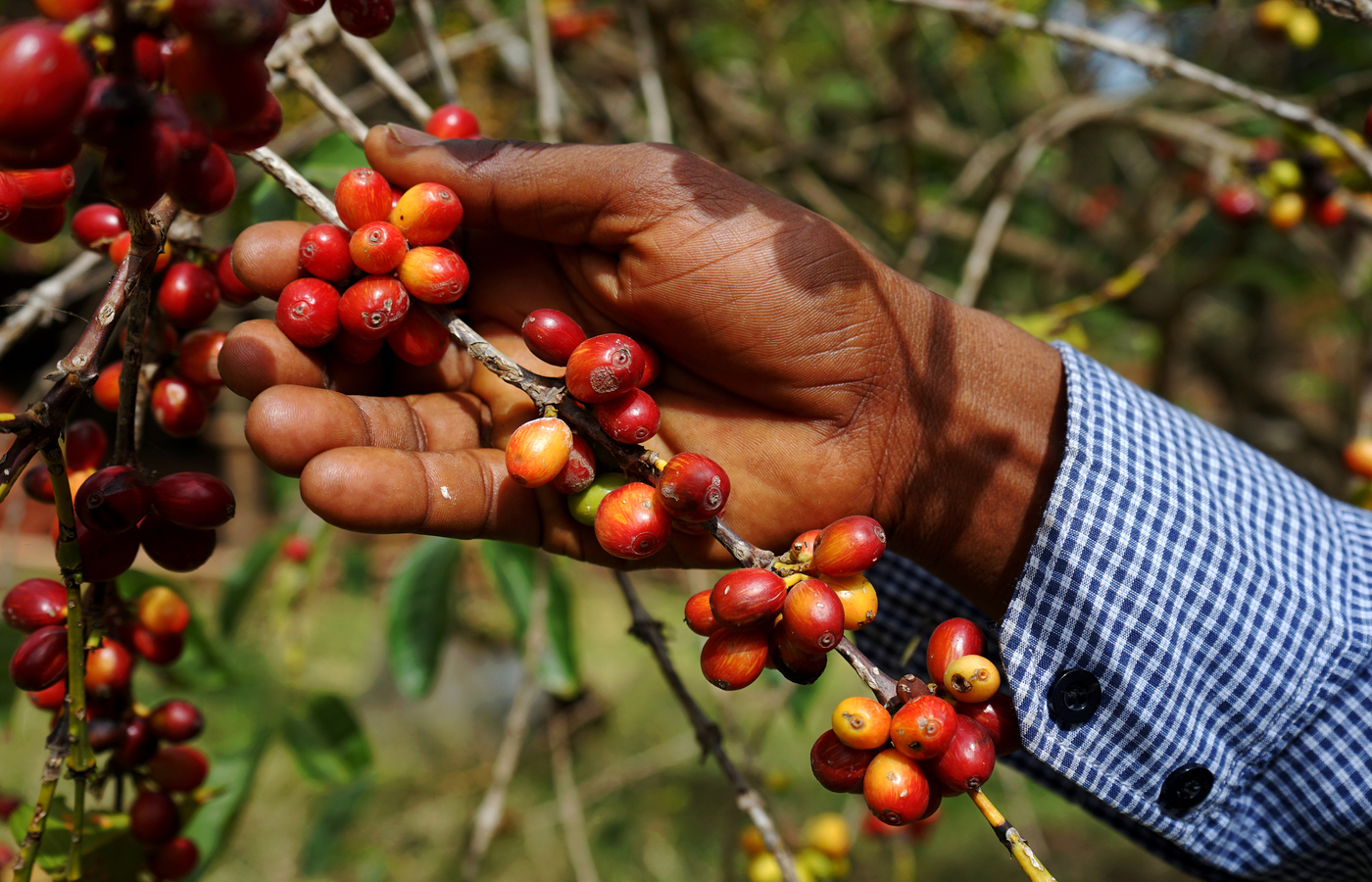The annual meetings of the African Export-Import Bank (Afreximbank) kicked off in Nassau, Bahamas on June 5th, 2024. In his opening remarks, Denys Denya, Senior Executive Vice President of Afreximbank, welcomed over 500 delegates from across Africa, the Caribbean, Europe and North America. He highlighted the significance of leveraging unity through the concept of "Global Africa."
"It is in this context of sustained deprivation and marginalization that we seek to unify our forces in the context of global Africa for a better future," Denya said. He emphasized that connecting Africans worldwide through their shared history and experiences is essential for mutual liberation and driving meaningful economic transformation.
Caribbean Leader Echoes Call for Collaboration
This message of regional collaboration was echoed by Pamela Coke-Hamilton, Executive Director of the International Trade Centre. In her keynote address, she underscored the "umbilical ties" between Africa and the Caribbean, stressing that these organic bonds must be further strengthened. "It's these ties that you can and must carry us through some of the biggest threats that we face, especially today's polycrisis world," she asserted.
Coke-Hamilton revealed promising data showing enormous untapped potential for trade links. New ITC research conducted with Afreximbank found trade between Africa and the Caribbean could reach 1.8 billion dollars annually by 2028, up from current levels. This highlighted opportunities available if cooperation was increased. She urged leaders to harness the power of their relationships to drive green, inclusive growth and help communities withstand mounting global turbulence.
Africa-Caribbean Connect: Addressing Debt and Building Resilience
Her call was echoed in subsequent panels. Barbados Minister of Economic Affairs Chad Blackman participated in a session on 'Managing Macroeconomic Crises.' He emphasized both regions faced crises through no fault of their own, and thus required policy space for intervention. Blackman advocated establishing high-quality credit ratings agencies within the global south to strengthen economies' standing.
Roger Ferguson (PhD), former Vice-Chair of the U.S. Federal Reserve also weighed in. "Strong institutions and prudent policies are necessary but not sufficient - a healthy private sector is equally important," he noted. Debt challenges required cooperation between multilaterals, creditors and borrowers. Regional integration offered opportunities to build forward together.
Historic Dependence on Major Currencies
Barbados Minister of Economic Affairs Blackman said the region has long held that trade must be conducted in major currencies like the dollar, euro and pound. However, he noted geopolitical shifts could see those currencies lose dominance within 10-15 years. "How do we prepare ourselves for that eventuality?" Blackman asked.
Blackman highlighted CARICOM plans to pilot intra-regional trade payments using member currencies, similar to an Afreximbank scheme among 10 African central banks. He called for conversations on a basket of alternative currencies to anchor monetary policies.
"When you look at trading amongst ourselves in our currencies, this lends credibility," Blackman said. Trading in regional currencies could prepare Africa and the Caribbean for changes ahead.
Learning from Crises
Donald P. Kaberuka (PhD), Chair of SouthBridge Group and former African Development Bank president, stressed the need for countries to learn from crises rather than viewing them as isolated events. He said nations must strengthen their ability to manage uncertainty and challenges through cooperation and knowledge-sharing.
Prof. Jeffery Sachs of Erasmus University Rotterdam argued that individually, African states face stiff competition internationally. However, through integration "Africa is too big to be part of somebody’s world," he said. A united Africa could assert itself as "a fundamental pillar" globally and better weather economic headwinds.
Climate Action and AfCFTA: Catalysts for Transformation
Later sessions analyzed the role of key initiatives. Afreximbank President Benedict Oramah launched the 2024 African Trade Report focusing on implications of the AfCFTA for climate action. Though Africa contributes only three percent of global emissions, the continent suffers disproportionately from climate impacts. The report found AfCFTA could marginally increase continental emissions but serve as an engine of structural transformation.
Former Afreximbank President Jean-Louis Ekra spoke about driving inclusive growth. He advocated value addition through industrialization instead of commodity dependence. Ekra called for aligning policies across Global Africa to realize regional integration's full potential.
Following sessions outlined progress under the Pan-African Payment and Settlement System and Adjustment Fund. Led by Afreximbank, these initiatives aimed to operationalize the AfCFTA by easing payments, financing reforms and facilitating economic inclusion. Delegates drew optimism from Africa's increasing resilience amid global instability.
Promoting Africa's Stories on the Global Stage
The meetings culminated with an unexpected announcement. Afreximbank revealed a new partnership with Hollywood star Viola Davis, who joined via video call. Under the signing of a Memorandum of Understanding, Afreximbank, the Fund for Export Development in Africa and Davis' production company would collaborate to advance publishing and film value chains across Africa.
Dubbed the Creative Africa Nexus program, it envisaged elevating African stories and narratives internationally. "Everything that I ever wanted in my life is on the other side of fear," Davis told delegates. She emphasized overcoming fear to gain control over authentic representation and impactful stories from the continent. Africa's vibrant creative industries could foster soft power globally.





